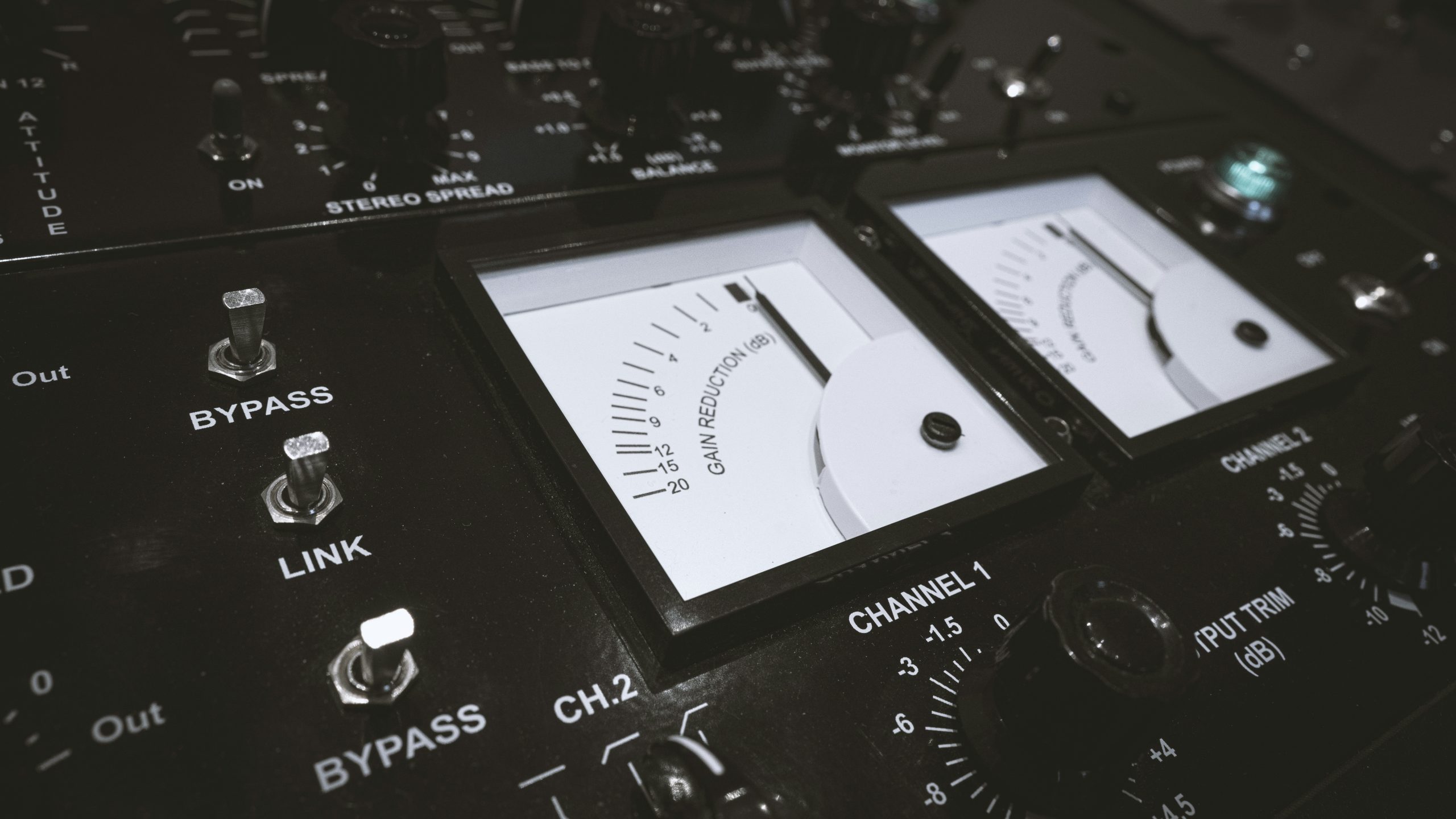The Ultimate Guide to Music and Audio Equipment

Music and audio equipment are essential tools for anyone in the music industry. Whether you are a professional musician, a recording engineer, or just a music enthusiast, having the right equipment can make a huge difference in the quality of your sound. In this blog post, we will discuss some of the most popular types of music and audio equipment, how they work, and why they are important.
One of the most basic pieces of music equipment is a microphone. Microphones are used to capture sound and convert it into an electrical signal that can be amplified and recorded. There are many different types of microphones, including condenser microphones, dynamic microphones, and ribbon microphones, each with its own unique characteristics and uses.
Another essential piece of equipment is a mixer. Mixers are used to combine and adjust the levels of different audio signals, allowing you to create a balanced and cohesive mix. Mixers come in various sizes and configurations, from simple two-channel mixers to large multi-channel consoles with advanced features like EQ, compression, and effects.
In addition to microphones and mixers, music and audio equipment also include instruments, amplifiers, speakers, and recording devices. Instruments such as guitars, keyboards, and drums are used to create the musical content, while amplifiers and speakers are used to amplify and reproduce the sound. Recording devices like digital audio workstations (DAWs) and audio interfaces are used to capture and manipulate the sound for recording and mixing.
One of the most important considerations when choosing music and audio equipment is the quality of the sound. High-quality equipment can make a significant difference in the clarity, depth, and richness of the sound, while low-quality equipment can introduce noise, distortion, and other artifacts that can degrade the sound quality. It is important to invest in good quality equipment to ensure that you are getting the best possible sound.
Another important factor to consider when choosing music and audio equipment is compatibility. Make sure that all of your equipment is compatible with each other and with your recording and playback devices. This will help you avoid compatibility issues and ensure that your equipment works together seamlessly.
In conclusion, music and audio equipment are essential tools for anyone involved in the music industry. Whether you are a professional musician, a recording engineer, or just a music enthusiast, having the right equipment can make a huge difference in the quality of your sound. By investing in high-quality equipment, ensuring compatibility, and understanding how to use your equipment effectively, you can create professional-quality music and audio productions that will impress your audience and stand the test of time.
